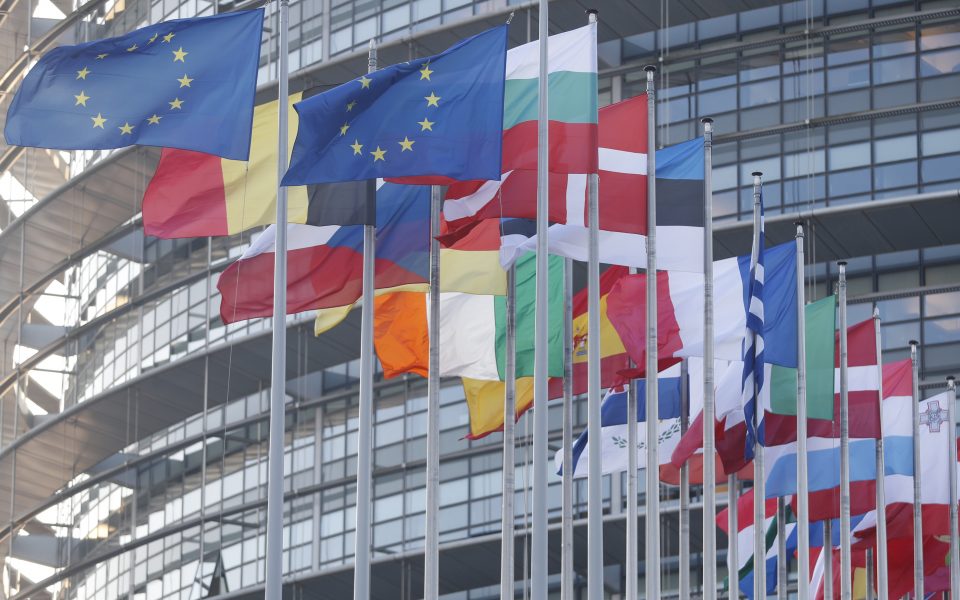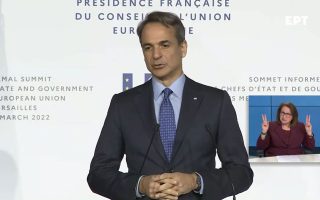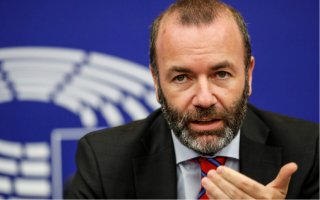Europe seeks breakthrough on climate change plans amid energy crisis

EU environment ministers will assess their progress on negotiating a raft of new climate change policies on Thursday, with countries divided over whether soaring energy prices should speed up or slow down their green agenda.
The invasion of Ukraine by Russia, Europe’s top gas supplier, has put the EU on a mission to quit Russian fossil fuels within a few years – by hiking gas imports from elsewhere, and doubling down on its plans to slash planet-warming emissions this decade.
Those plans, which Brussels says will both fight climate change and help wrest countries free of Moscow’s influence, include a dozen laws to curb emissions from industry, transport and the energy sector.
Ministers from EU countries will attempt on Thursday to find routes out of disagreements on some of the most contentious proposals, which a majority of EU countries and European Parliament must both approve.
Top of the list is a planned new carbon market to impose costs on CO2 emissions from transport and heating fuels.
A preparatory document by France, which chairs meetings of EU ministers until June, said countries still hold “significant differences of opinion” on that policy.
Ministers will consider ways to “improve the acceptability of such a scheme” or replace it with other CO2-cutting measures if agreement cannot be found, the document said.
The new carbon market would not kick in until 2026, but the debate around the policy has intensified amid soaring energy prices in recent months, as governments roll out emergency measures to help citizens shoulder rising fossil fuel prices.
Sweden this week said it would temporarily cut fuel tax to help rein in soaring costs, while France offered motorists a rebate on petrol.
Some EU countries and lawmakers have long opposed the new carbon market, which they say could increase energy bills if fuel suppliers pass on the CO2 costs to consumers.
Others say the market is needed to slash emissions from transport – which have risen in recent years – and Europe’s energy-guzzling buildings, which if left unchecked could scupper climate change goals.
The European Commission has proposed using revenues from the market to support low-income households and invest in energy savings and other measures to curb bills.
[Reuters]





